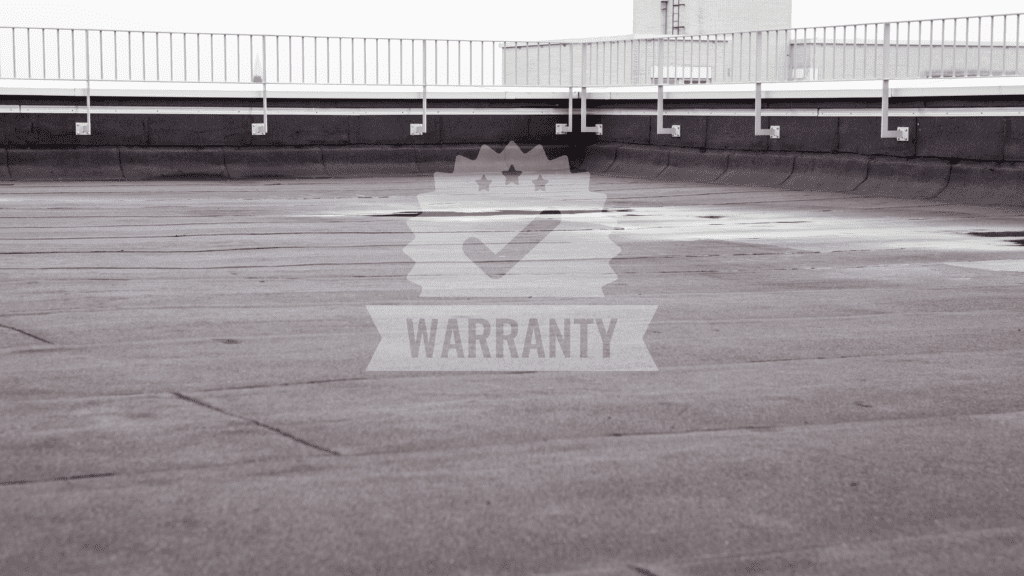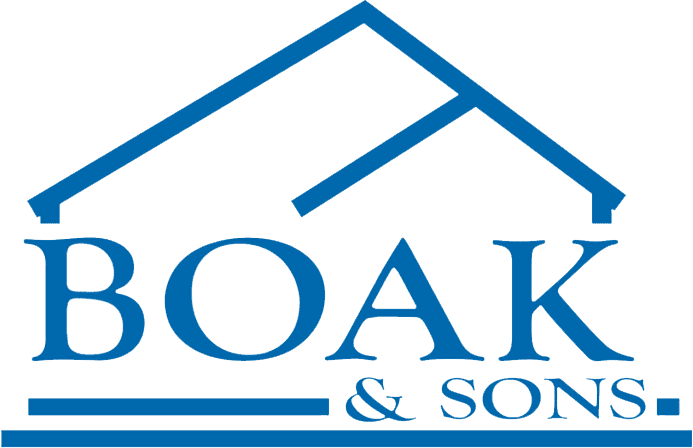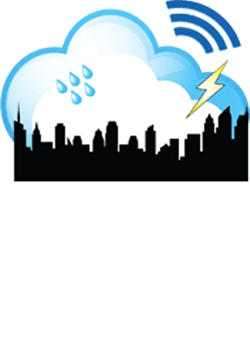
Introduction
When it comes to commercial roofing, understanding warranty coverage is crucial. Sam Boak, the president and founder of Boak & Sons, Inc., has extensive experience in the industry. In this blog post, we’ll delve into Sam Boak’s insights on warranty coverage for roof systems on commercial buildings.
1. The Importance of Warranty Coverage
Warranties act as insurance policies for your roof. They provide peace of mind and protect your investment. Sam Boak emphasizes the significance of choosing the right warranty for your commercial roof. Let’s explore some key points:
Multiple Parties Involved: In most commercial roofing situations, three parties issue warranties:
- General Contractor: Provides a two-year warranty on the building.
- Roofer: Issues a two-year sub-warranty specifically for the roof.
- Roofing Manufacturer: Offers a 15-year warranty covering labor and materials.
Manufacturer’s Role: The roofing manufacturer’s warranty is critical. It guarantees the roof’s performance during the specified period. If any issues arise within the first two years, the owner contacts the general contractor or roofer. After that, the manufacturer takes responsibility.
2. What’s Covered and What Isn’t
Sam Boak emphasizes that while manufacturers stand by their products, warranties may not cover everything. Here’s what’s typically included:
Excessive Abuse: Alterations by new owners (such as re-routing HVAC or adding new penetrations) aren’t covered.
Consequential Damages: Water damage to internal equipment (like servers) due to roof leaks falls under insurance, not warranty.
Outside Damage: Storms, fallen trees, and other external factors aren’t part of warranty coverage.
Maintenance Matters: Regular upkeep and basic maintenance extend roof life. Some warranties require periodic inspections.
3. Built-Up Roofing (BUR)
Sam Boak recommends BUR roofing for flat roofs. It consists of multiple layers of asphalt, ply sheets, and aggregate. Key points:
- Durability: BUR roofs last 15 to 30 years.
- Fire Resistance: Excellent fire protection due to the aggregate layer.
- Waterproofing: Provides reliable waterproofing.
Conclusion
Sam Boak’s expertise underscores the importance of choosing the right warranty and roofing system. Whether you opt for asphalt shingles, BUR, or clay tiles, understanding warranty coverage ensures a secure and long-lasting commercial roof.
For more information about Boak & Sons, Inc., visit their website here.
Remember, a well-protected roof safeguards your investment and provides peace of mind. Choose wisely, and consult experts like Sam Boak to make informed decisions for your commercial property.

